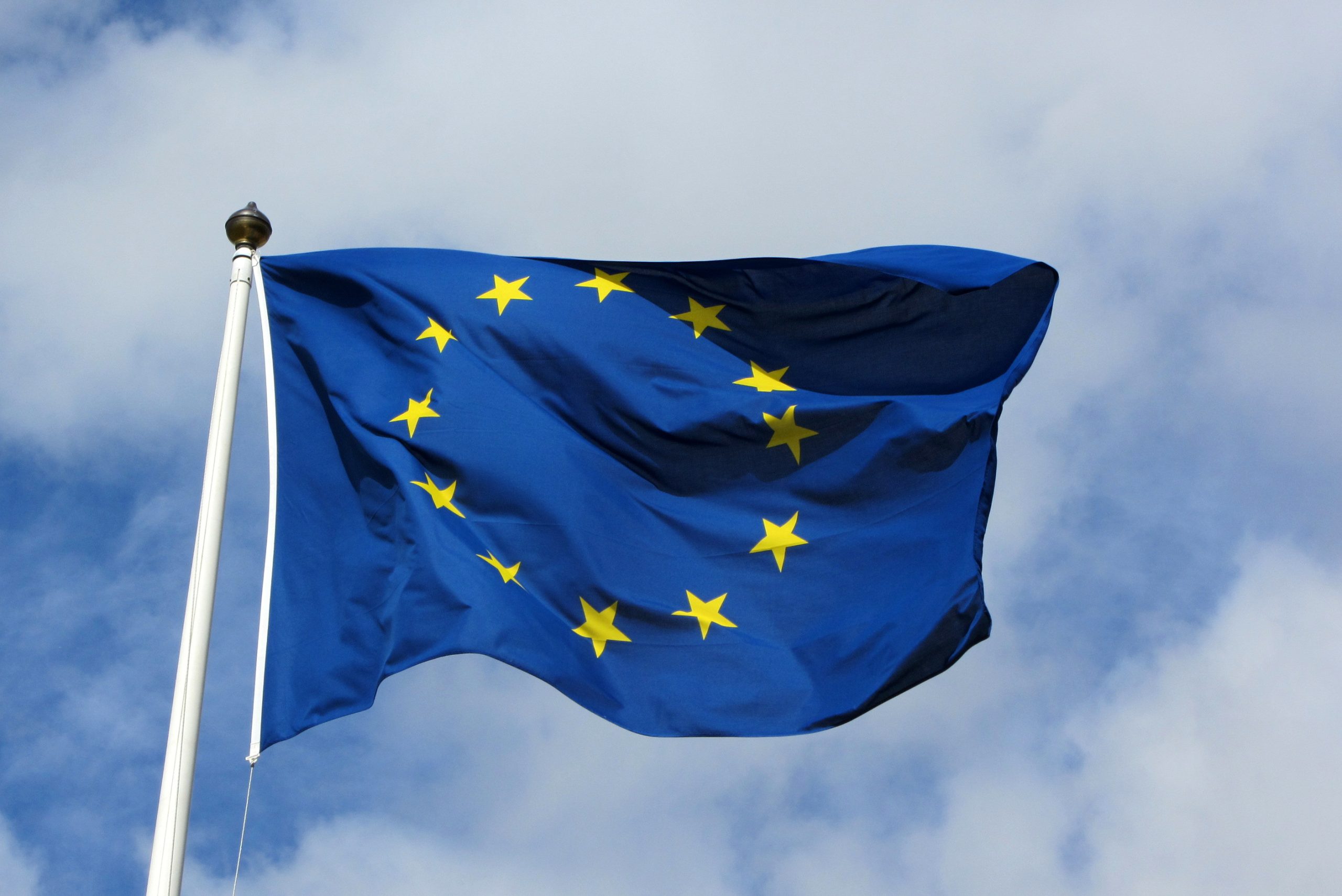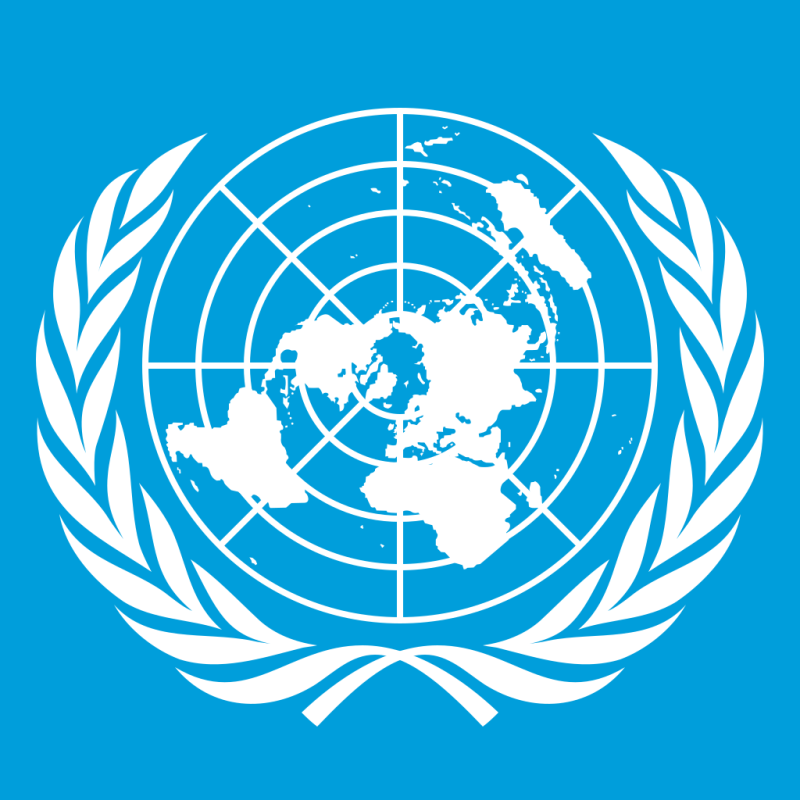This week the European Commission announced guidelines suggesting that Israeli products from areas that came under its control in 1967 be labeled “Israeli Settlement” products and not “Made in Israel” as they have been until now.
The policy carves out a special legal rule for Israel, not only contradicting the European Union’s own official positions on these issues, but also going against rulings of European national courts, and violating basic tenets of the World Trade Organization.
Faced with criticism from both the right and the left in Israel and the United States, the European Union claims its action is merely “technical,” rather than politically motivated or punitive. Yet this is belied by the fact that the measure comes in response to explicitly political demands for labeling by some member states’ foreign ministers, as well as anti-Israel NGOs.
In fact, the labeling controversy must be viewed as just one step in a broader, purposeful and gradual escalation of anti-Israel measures by the European Union. Two years ago, the commission promulgated a regulation that barred spending money on Israeli academic, scientific or cultural projects in the West Bank or Golan Heights. Then the union began refusing to allow imports of certain Israeli agricultural products. Last year, 15 European states issued warnings, alerting people to unspecified legal dangers of interacting with Israeli settlements. These steps, while supposedly motivated by what the European Union sees as Israel’s occupation of territory, have been applied only to Israel, and not to other countries regarded as occupiers in international law, such as Morocco or Turkey.
Having warned about settlement products, the European Union is now labeling them. Diplomats in Brussels and NGOs have made clear that more coercive measures will follow. In this context, labeling is important not in its immediate economic effects but as a highly visible step in a conscious process of building a legal ghetto around Israel, within which a special set of rules applies.
What has largely escaped notice is that the labeling policy violates the European Union’s own express policy on such issues. The commission primarily justifies labeling as a necessary tool to provide consumers with the information that it does not regard the territories “as part of Israel.” However, European Union and national authorities that have addressed the issue have clearly ruled that special labeling is not required in such situations — neither for consumer protection nor to reflect the European Union’s view of the underlying sovereign status of territories.
Thus the European Union allows Morocco — which has extensive trade ties with Europe, but has occupied Western Sahara since 1975, and populated it heavily with settlers — to export products from its occupied territory labeled “Made in Morocco.” When challenged, the commission formally declared that labeling such goods as “made in” Morocco is not misleading, and is consistent with European trade agreements.
Also, European courts have considered the consumer protection rationale specifically in the context of Israeli products, and rejected it. Just last year, the British Supreme Court ruled, in a case involving Ahava beauty products produced in the West Bank, that “there was no basis for saying that the average consumer would be misled” by a “Made in Israel” label. The court held that such labeling was not deceptive as a matter of both British and European Union law.
The problem is not that the European Union fails to live up to its standards in some cases, like that of Morocco. Rather, in these other cases the union explicitly denies the existence of these standards. Such inconsistency is not just hypocrisy. It is a legal violation in its own right. The European Union’s foundational treaties require regulatory “consistency.” And discrimination against trading partners represents a core violation of the General Agreement on Tariffs and Trade and other treaties of the World Trade Organization, as the law professor Avi Bell and I have shown in detail in a recent paper. The union’s labeling guidelines are manifestly discriminatory, as they apply only to Israel.
The World Trade Organization treaties establish the legal framework for international commerce. Under the W.T.O.’s nondiscrimination requirement, it is impermissible to apply trade rules and restrictions to some member countries and not to others. And the W.T.O.’s protections apply not just to a country’s sovereign territory, but also to areas of its “international responsibility,” such as occupied territories. The United States, with international approval, received the benefit of its international trade treaties even in territories it occupied in World War II, as well as in the Panama Canal Zone, where it made no claim of sovereignty. There is nothing novel about a country’s receiving full trade rights for nonsovereign areas under its administration.
The United States has a great deal riding on the integrity of the international trading system. But the European Union labeling threatens to establish a precedent that would allow politicization of the system, undermining United States economic interests in broad and unpredictable ways. Thus it is not surprising that earlier this year, the United States passed a law opposing such European Union measures against Israel.
Making special rules for Israel has the undesired effect of reducing Israel’s incentives to take international law seriously: If the goal posts can be moved, there is less reason to play the game. As a putative role model for international law, the European Union’s greatest weapon is its probity and consistency. By damaging that, it harms its ability to set the global agenda.



